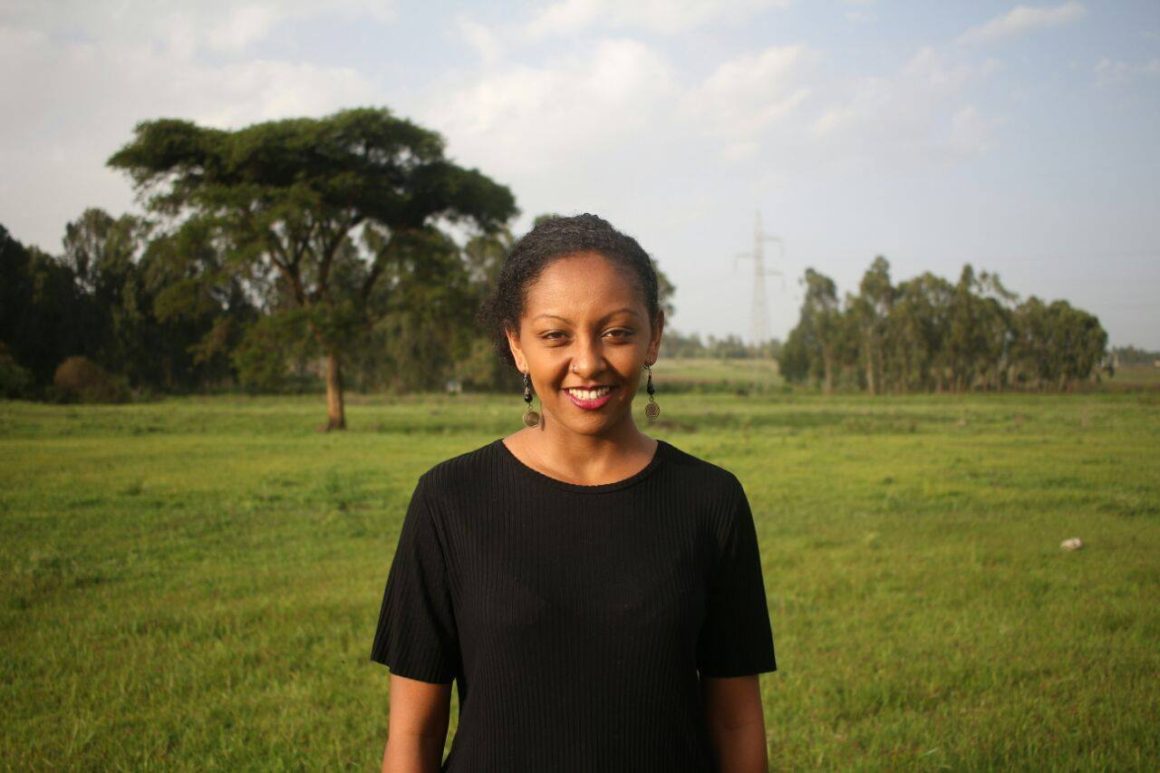Tsedey Tamir works as a gender programme officer at UNICEF’s regional office for West and Central Africa. Since 2014, UNICEF has adopted a Gender Action Plan which outlines a number of strategies and areas of focus for the organization to achieve gender equality as well as girls’ and women’s empowerment. Tsedey’s work consists of supporting the 24 country offices covered by the regional office to integrate gender equality into their priorities and programmes.
Her scope of work includes, but is not limited to, health as gender programming cuts across many fields at UNICEF including access to quality education, protection from violence in its many forms, nutrition, and access to sanitation and hygiene. In health specifically, she was responsible for coordinating a multi-country study on gender dynamics in community health systems examining the lived experiences of community health workers in these countries with the perspective of informing policy in human resources for health. Additionally, Tsedey is also supporting a multi-country initiative looking at user-centered design of interventions in adolescent health education.
What are you most proud of?
I am proud of the fact that I have a certain level of confidence and knowledge in gender programming now despite not having received a formal training in gender studies. I came to this work by chance but have found my space in it through on the spot training, training opportunities and people who were open to sharing their knowledge.
What do you wish you had done differently?
One thing I would have encouraged a younger version of me to do would have been to take time to explore what kind of work would interest me – I had a sense of urgency in amassing and building experience, in whatever form, that made me say yes to a lot of things I wouldn’t have necessarily partaken in today.
What are some of the biggest challenges you have faced? How did you overcome them? What are some of the lessons learnt?
Working in development can be quite a challenging experience for a young, black, African woman. Despite the many admirable goals those of us in the development industry strive to achieve, I find that a lot of existing work often reproduces deeply entrenched structural global inequalities be it in the way interventions are designed, the way that partnerships are built, the often-discriminatory hiring practices and wage differences. At some point, it became quite hard to stomach and I did have my moments of reckoning on whether this was a field I wanted to work in (I would often come back to Audre Lorde’s warning that “the master’s tools will never dismantle the master’s house.”). One thing that did help me in making my decision to stay on is looking for and finding existing proof of work that explodes and re-imagines development and what it could mean for Africans at this specific point of history.
What are some of the opportunities you see for women in health on the African continent?
I think this is a great time to be a woman in health on the continent – there are so many of us, we are no longer exceptions to the norm so there is a force in numbers. Without falling into the trap of saying “women will save us from ourselves”, I think we bring a unique perspective to our work informed by our (very diverse) experiences in the world and the reflective nature of a lot of our training.
What advice do you have for other women in health?
This piece of advice is ongoing work for me still: nurture your professional support system and sisterhood intensely. Make sure you have people in your life who are interested in seeing you grow and in providing meaningful feedback as you make your way into spaces that were not designed for you.


Leave a Reply